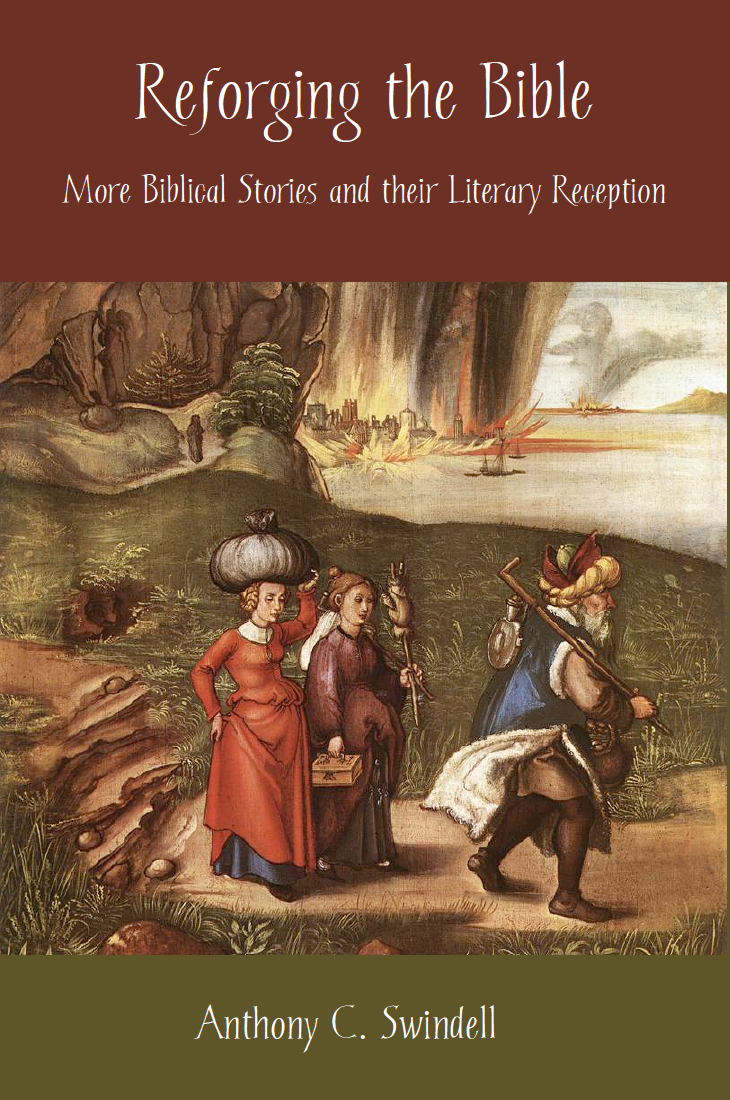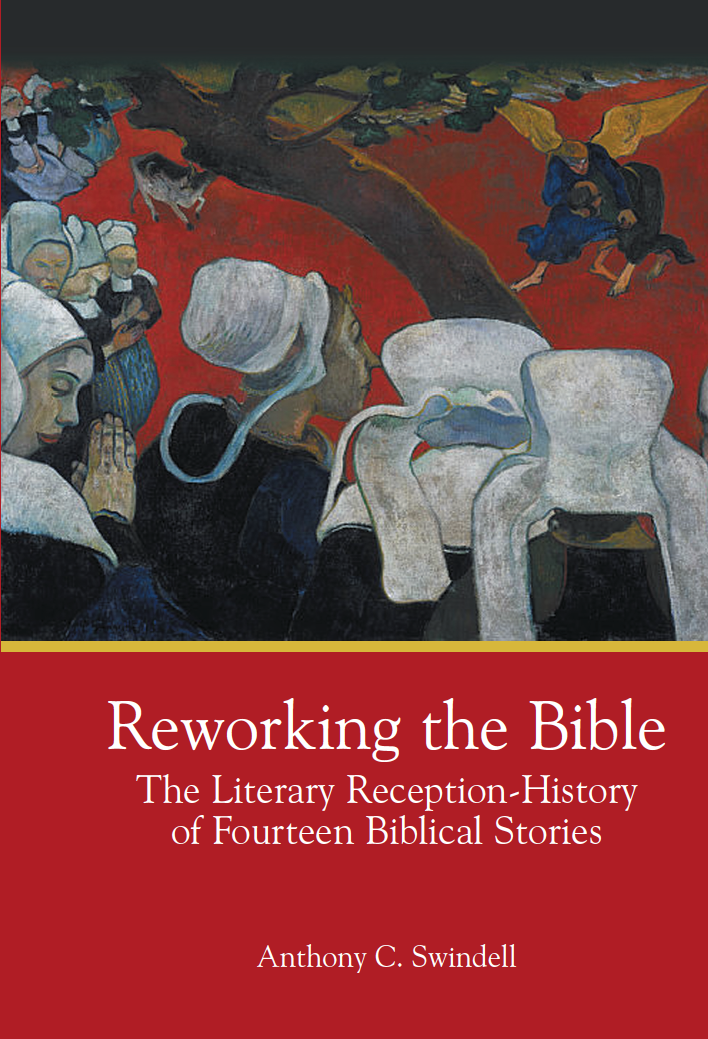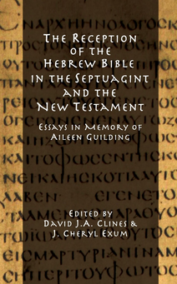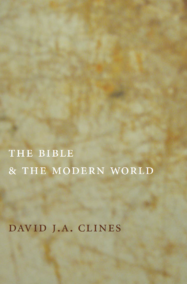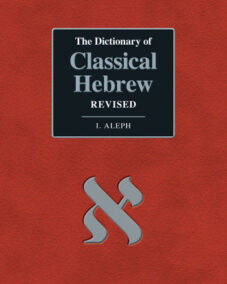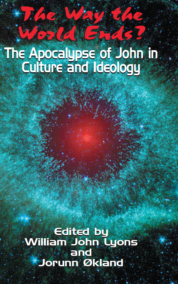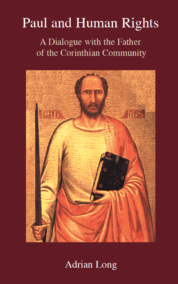Reforging the Bible: More Biblical Stories and Their Literary Reception
Published: Jan 2014
£55.00
Reforging the Bible continues the programme Anthony Swindell began in his earlier book, Reworking the Bible: The Literary Reception-History of Fourteen Biblical Stories (Sheffield Phoenix Press, 2010). It is a study of the reception in literature of over a dozen biblical stories, giving particular attention to rewritings that make radical changes to the original text. The reworkings are analysed using a morphology based on that of Gérard Genette in his study, Palimpsests. A new emphasis in this volume is on spatiality as a topic in rewritten biblical narratives.
The stories explored in this volume include those of Adam and Eve, Melchizedek, Lot and his Family, Joseph, Ruth, King Saul, David and Bathsheba, Tobit, the Virgin Mary, the Wedding at Cana, the Good Samaritan, Doubting Thomas, and the Second Coming. The literary reworkings discussed include the Old English Genesis A and Genesis B, the medieval Cyprian Feasts, the sixteenth-century broadside ballad David and Berseba, and works by Geoffrey Chaucer, William Shakespeare, Charles Dickens, Izak Dinesen, Carol Ann Duffy, André Gide, Rudyard Kipling, D.H. Lawrence, Penelope Lively, Thomas Mann, Dorothy Sayers, Mark Twain, Fernando Vallejo, Sally Vickers and Voltaire.
Also included is a chapter on folkloric versions of biblical stories as intermediaries in its literary reception. As well as providing the general reader with fascinating insights into the literary reception of the Bible, this work offers scholars an overview of a range of extraordinary reworkings which offer promising avenues for future research.
Reforging the Bible: More Biblical Stories and Their Literary Reception
£55.00
Reforging the Bible continues the programme Anthony Swindell began in his earlier book, Reworking the Bible: The Literary Reception-History of Fourteen Biblical Stories (Sheffield Phoenix Press, 2010). It is a study of the reception in literature of over a dozen biblical stories, giving particular attention to rewritings that make radical changes to the original text. The reworkings are analysed using a morphology based on that of Gérard Genette in his study, Palimpsests. A new emphasis in this volume is on spatiality as a topic in rewritten biblical narratives.
The stories explored in this volume include those of Adam and Eve, Melchizedek, Lot and his Family, Joseph, Ruth, King Saul, David and Bathsheba, Tobit, the Virgin Mary, the Wedding at Cana, the Good Samaritan, Doubting Thomas, and the Second Coming. The literary reworkings discussed include the Old English Genesis A and Genesis B, the medieval Cyprian Feasts, the sixteenth-century broadside ballad David and Berseba, and works by Geoffrey Chaucer, William Shakespeare, Charles Dickens, Izak Dinesen, Carol Ann Duffy, André Gide, Rudyard Kipling, D.H. Lawrence, Penelope Lively, Thomas Mann, Dorothy Sayers, Mark Twain, Fernando Vallejo, Sally Vickers and Voltaire.
Also included is a chapter on folkloric versions of biblical stories as intermediaries in its literary reception. As well as providing the general reader with fascinating insights into the literary reception of the Bible, this work offers scholars an overview of a range of extraordinary reworkings which offer promising avenues for future research.
Reworking the Bible: The Literary Reception-History of Fourteen Biblical Stories
Published: Jun 2010
£55.00
Reworking the Bible is a substantial account of the reception history of fourteen biblical stories —those of Eden, the Flood, Jacob and Esau, Moses and the Exodus, Joshua and Rahab, Samson, Nebuchadnezzar, Susanna, Esther, Jesus Christ, Salome, Lazarus, the Prodigal Son and the Descent into Hell. Full of fascinating detail of the afterlives of these biblical narratives, the book also offers a sophisticated theoretical analysis of the processes of reworking: major hypertexts from The Dream of the Rood to Margaret Atwood's The Year of the Flood come under the spotlight of the theories of Genette about rewriting and of Bakhtin about chronotopes and polyphony. In the final chapter, the material is viewed from the point of view of its spatial overtones, highlighting works that use the retelling of biblical stories to transport the reader to somewhere beyond controlling monological cultures.
As well as providing close readings of some extraordinary literary reworkings, the book provides a guide to the available critical literature. Both the biblical stories themselves and the works of Chaucer, Shakespeare, Racine, George Eliot, Turgenev, Kafka, Iris Murdoch, Julian Barnes, Ben Okri and many others are cast in a new light, including many plays, novels and poems that have been surprisingly neglected. The works discussed range from the hilarious to the horrific and have the capacity to refresh and even transform our reading of the Bible.
Reworking the Bible: The Literary Reception-History of Fourteen Biblical Stories
£55.00
Reworking the Bible is a substantial account of the reception history of fourteen biblical stories —those of Eden, the Flood, Jacob and Esau, Moses and the Exodus, Joshua and Rahab, Samson, Nebuchadnezzar, Susanna, Esther, Jesus Christ, Salome, Lazarus, the Prodigal Son and the Descent into Hell. Full of fascinating detail of the afterlives of these biblical narratives, the book also offers a sophisticated theoretical analysis of the processes of reworking: major hypertexts from The Dream of the Rood to Margaret Atwood's The Year of the Flood come under the spotlight of the theories of Genette about rewriting and of Bakhtin about chronotopes and polyphony. In the final chapter, the material is viewed from the point of view of its spatial overtones, highlighting works that use the retelling of biblical stories to transport the reader to somewhere beyond controlling monological cultures.
As well as providing close readings of some extraordinary literary reworkings, the book provides a guide to the available critical literature. Both the biblical stories themselves and the works of Chaucer, Shakespeare, Racine, George Eliot, Turgenev, Kafka, Iris Murdoch, Julian Barnes, Ben Okri and many others are cast in a new light, including many plays, novels and poems that have been surprisingly neglected. The works discussed range from the hilarious to the horrific and have the capacity to refresh and even transform our reading of the Bible.

